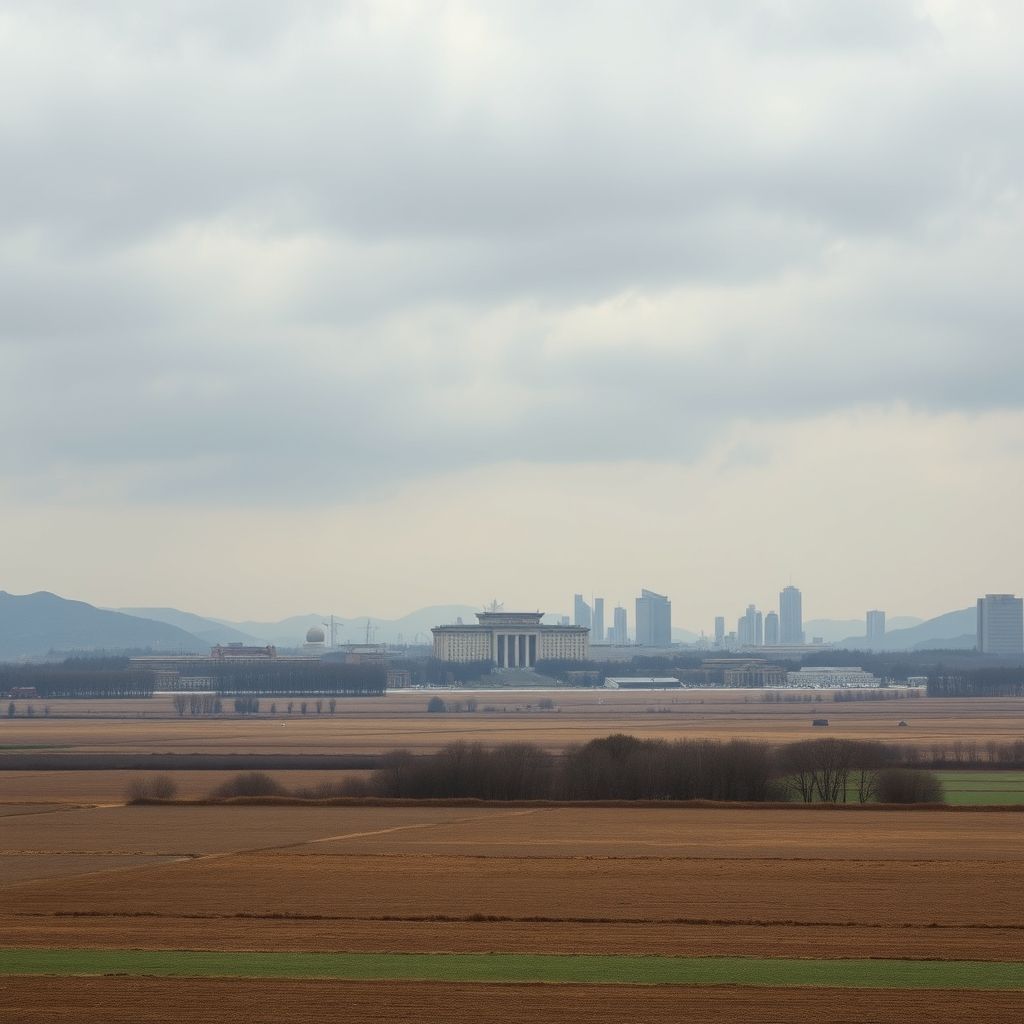North Korea: A Nation Shaped by Isolation and Ambition

North Korea: A Nation Apart
The Democratic People’s Republic of Korea (DPRK), more commonly known as North Korea, is a country that often sparks curiosity and controversy. Situated in East Asia, occupying the northern portion of the Korean Peninsula, it presents a unique case study in geopolitics, economics, and human rights. Its story is one of resilience, ambition, and, perhaps most significantly, isolation.
A History Forged in Conflict and Division
North Korea’s history is long and complex, stretching back millennia. The peninsula witnessed the rise and fall of numerous kingdoms before experiencing Japanese annexation in 1910. This period of colonial rule profoundly shaped the region, leaving lasting impacts on its infrastructure, culture, and political landscape. After the Second World War, the Korean Peninsula was divided along the 38th parallel, setting the stage for the Korean War (1950-1953), a brutal conflict that solidified the division and continues to cast a long shadow over the region.
The Kim Dynasty and Totalitarian Rule
Today, North Korea is ruled by the Kim family, a totalitarian dynasty that has held power since the nation’s establishment. Kim Il-sung, the ‘Eternal President,’ founded the state, followed by his son, Kim Jong-il, and currently, Kim Jong-un. This leadership structure is characterized by a cult of personality, strict control over information, and the suppression of dissent. The government operates a centrally planned economy, prioritizing military spending and national self-reliance over other sectors. This command economy, with its emphasis on state control, differs significantly from the market-oriented economies of its neighbors.
Military Might and Nuclear Ambitions
A defining feature of North Korea is its emphasis on military strength. The country maintains one of the largest active-duty armies in the world and has invested heavily in developing advanced weaponry. This includes a nuclear weapons program, which has been a major source of international tension. The DPRK’s pursuit of nuclear capabilities has led to numerous international sanctions imposed by organizations like the United Nations and individual nations. These sanctions aim to curb the country’s weapons programs and compel it to engage in denuclearization talks.
International Isolation and Global Tensions
North Korea’s actions, particularly its nuclear program and human rights record, have led to significant international isolation. The country faces numerous sanctions and limited economic opportunities. Relations with neighboring countries, including South Korea, Japan, and the United States, are often strained. Diplomatic efforts to address the situation have yielded mixed results, with periods of engagement alternating with periods of heightened tensions. The Korean Peninsula remains a key flashpoint in global affairs, and North Korea’s actions continue to influence the strategic balance in East Asia and beyond.
Looking Ahead
The future of North Korea remains uncertain. The country faces considerable economic challenges and internal pressures, while also navigating complex relationships with the international community. Understanding its history, its leadership, and its strategic goals is crucial to grasping the dynamics of the Korean Peninsula and its implications for global stability. The interplay of these factors will undoubtedly shape the nation’s trajectory in the years to come.
Further reading:
https://en.wikipedia.org/wiki/North_Korea
https://www.britannica.com/place/North-Korea
https://www.cnn.com/world/asia/north-korea




